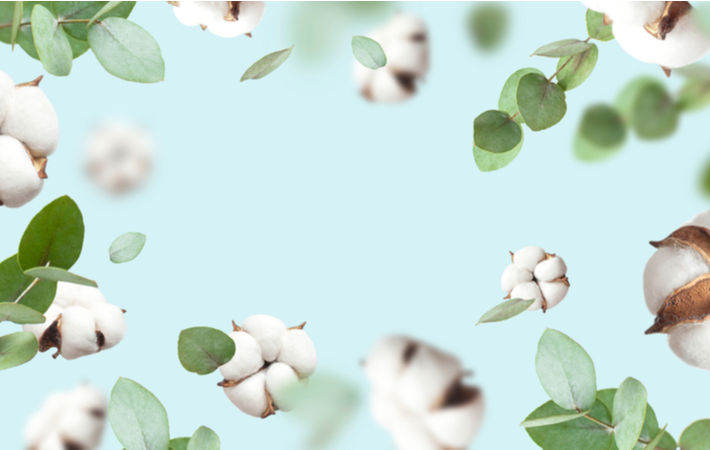The US department of agriculture (USDA) and Pakistan’s International Centre for Agriculture Research in the Dry Areas (ICARDA) recently celebrated a decade of scientific breakthroughs in cotton breeding through the Cotton Productivity Enhancement Programme (CPEP), a project that has bolstered Pakistan’s cotton production and agricultural trade.
As a result of CPEP, Pakistani farmers now have access to seeds that are resistant to cotton leaf curl virus (CLCuV) with the promise of even more varieties available on the market once they receive government approval.The US department of agriculture (USDA) and Pakistan's International Centre for Agriculture Research in the Dry Areas (ICARDA) recently celebrated a decade of scientific breakthroughs in cotton breeding through the Cotton Productivity Enhancement Programme (CPEP), a project that has bolstered Pakistan's cotton production and agricultural trade.#
The ceremony recognized the efforts of over 60 partners and marked the end of the decade-long project, which USDA and ICARDA jointly implemented with funding from the US Agency for International Development (USAID).
Cotton is one of Pakistan’s most important crops, but by the mid-1990s, CLCuV had seriously limited production. CPEP developed a laboratory diagnostic test to detect the virus and monitor its spread, according to a press release from the US embassy in Islamabad.
As part of the project, farmer field schools were held throughout the growing season in smallholder farmer villages to train farmers, particularly women, on best management practices to increase crop yields. Researchers also developed new cotton seed that are resistant to CLCuV in Pakistan.
Fibre2Fashion News Desk (DS)
